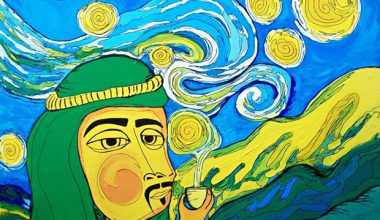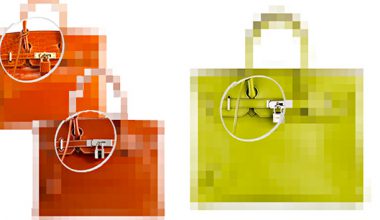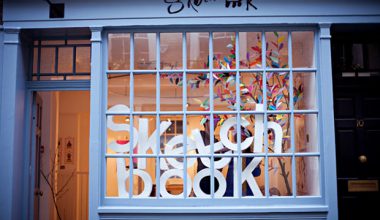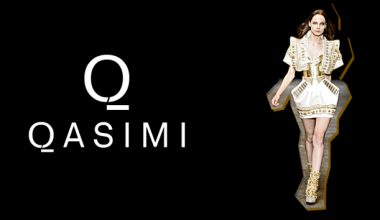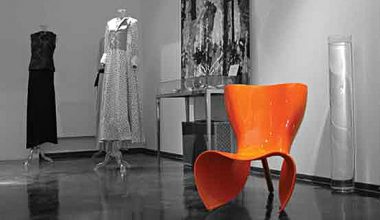With a daily routine consisting of dipping his brush in water colors and carefully tracing every line on any building or skyscraper that catches his eye, Waleed Shaalan can be seen as an Architect first and an Artist second. He can be found seated throughout the locale of Sharq and downtown Kuwait City engrossed in his drawings and sketches, filtering inspiration, hope and endless creativity onto his art pieces. His journey is that of passion, hard work and restlessness. He hones a drive to seek what is finer in life, architecture, the arts and music. This is all but a brief look into the mind of Waleed Shaalan.
Born in Egypt in 1965, Shaalan moved to the United States at an early age where he opened his eyes to a late 60s America. His college years, like that of many foreigners and Americans alike, are of hardship and a constant need for self-support; "I applied to University in the USA then went to work and study there. I almost entirely supported myself throughout college working all kind of interesting odd jobs, from envelop stuffing, to pizza delivery and even sold Egyptian artifacts in fairs," recalls Shaalan.

He recounts of how it all started with a rocky road initially, the latter gets interesting, as so he continued "After graduation I had one month to find a job to benefit from the extra year visa granted for practical training. I drove a car across the country instead; alone with my camera and sleeping bag I drove from DC to LA and used up three out of my four remaining weeks. I spent that last week in Chicago looking for work and on my last day got an offer from Perkins and Will in Chicago where I worked for my practical training year. I worked so hard night and day and left a good impression that the company extended my visa for 5 years."
But after 6 years of hard work in America, Waleed needed a break; and by break he meant driving across the American-Mexican border, through Belize, and ending up in Guatemala with nothing but a few hundred dollars in his pocket. "I ended up living there for a year and a half! I sketched the colonial architecture of Antigua and sold my sketches for a living, started a band and named it after my dog blue, it’s called the blue dawgs and they are actually still playing live in Antigua today. I also worked as an Assistant Art Director on the feature film El Silencio De Neto. This was an incredible time where I broke free from the rat race and spent time deconstructing and reconstructing myself," remembers Shaalan. He would then move to London and eventually back to Egypt, but, "fate brought me to Kuwait in 1997 and I have been here ever since."

There are many sides to Waleed Shaalan, all of which, share the will to find what is best through a variety of methods, whether it is to better a community or public space. When asked to describe his view on life and philosophy in a sentence he stated: “I am what I do, I love to collaborate and work towards making things better, more beautiful." He then continued, "If I can improve a space through an intervention, capture an image, play a tune, basically anything that has a positive contribution towards anyone makes me feel good."
He likes to think he has bright plans for places where such positive intervention is needed, such as Kuwait. Throughout his previous works and current ones, he intends to better the interaction between architecture and commuters, shoppers and workers, even dwellers of a certain place alike. "One of the projects we designed and unfortunately got put on hold was Showbiz. We lobbied hard with the client to create a public outdoor piazza, " says Shaalan. But then this ambitious plan was put on hold, because the client had a perception that Kuwait’s weather does not permit such outdoor experiences, a perception which Shaalan further contests, “We made a case by arguing that Kuwait has more pleasant days per year than most European cities where some of the greatest piazzas and outdoor public spaces exist."

Such interventions in Kuwait are needed in order to establish an openness of a market, according to Shaalan, a market where one can interact with all, regardless of one's societal elevation. To Shaalan, local projects such as Qout Market and Farmer’s Market completely erase societal constraints and merge the community together; at those events you see people of all classes and nationalities interacting with friendly locals.
At this point one gets to see why it is needed for such movements to occur. It is betterment not only for local society, but can certainly promote a sense of internationalism. It clears any differences that may have existed in society, and gives people a chance to positively involve individuals who are entrepreneurs, developers, businessmen and women alike. This stratum of citizens consists of the younger generations, the future of Kuwait. Shaalan continues to describe this young wave of ambition changing the face Kuwait's public space as “a different kind of Arab Spring in Kuwait, one of evolution not revolution."
– Bader A. Shehab
Images courtesy of Waleed Shaalan
—
This article first appeared in the April/May/June 2014 Urban Issue.


